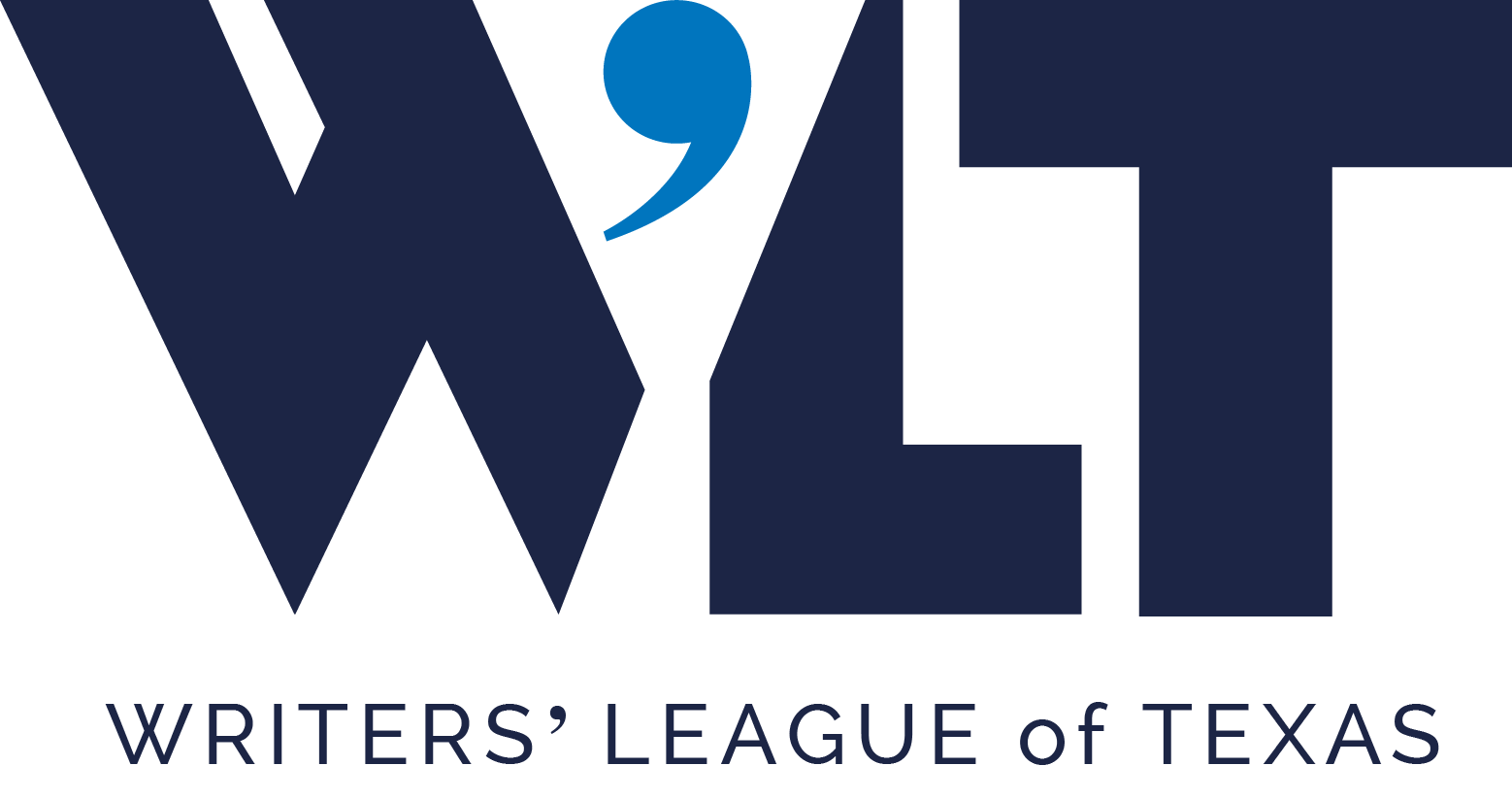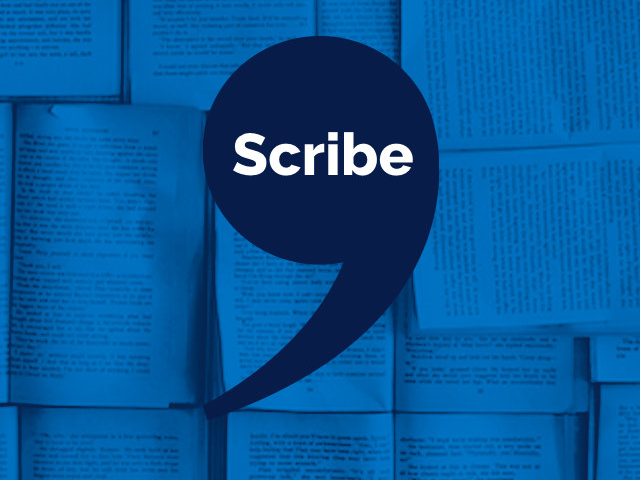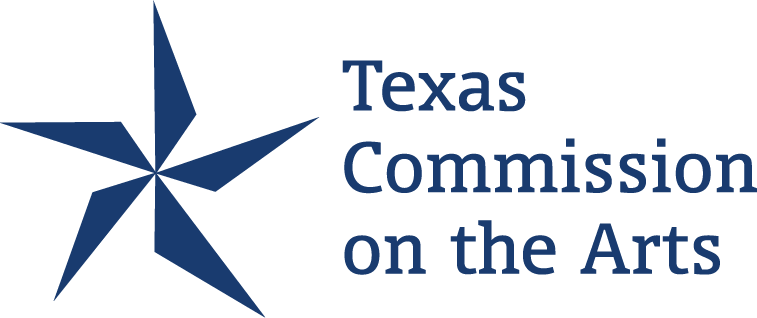We are thrilled to have the award winning writer, Liz Garton Scanlon, as part of WLT’s 2012 faculty. Liz’s class Poetic License: Using Poetic Language and Devices in your Poetry, Prose and Everyday Writing will be held on September 15th at St. Edwards University. How does a great idea for a poem or story sometimes fall flat once it’s on the page? Why are some written works described as beautiful, moving, thrilling or true, while others are merely thorough or competent? What can you do to take your work to the next level, right now? It may be time to start brandishing your poetic license! NOT JUST FOR POETS, this workshop will look at the tricks-of-trade available to all of us — the ones many of us forget or pooh-pooh because they seem old-fashioned or forced or inauthentic.
Liz Garton Scanlon is an Austin-based children’s writer and poet. She is the author of the highly-acclaimed, Caldecott-honored picture book All the World, illustrated by Marla Frazee, as well as Think Big, illustrated by Vanessa Newton, Noodle & Lou, illustrated by Arthur Howard, and A Sock is a Pocket for Your Toes, illustrated by Robin Preiss Glasser. Future books include Happy Birthday, Bunny, illustrated by Stephanie Graegin, due next year, and The Good-Pie Party, illustrated by Katy McDonald Denton, due in 2014. Ms. Scanlon is assistant professor of creative writing at Austin Community College and is a frequent & popular presenter at schools, libraries and conferences. To learn more, visit her web site at www.LizGartonScanlon.com
Poetic License & Language
by Liz Garton Scanlon
As a children’s author, I spend a lot of time visiting elementary schools, talking to kids about the craft and process of writing. They want to know if I’m rich, if I have a dog, if I’m old. I want to dispel myths and reveal the man (or woman, as the case may be) behind the curtain.
I know that sounds rather negative, especially coming from someone in the business of children’s storytelling, but my role in schools is different than my daily work as a writer. I want young people to know that they are all becoming writers, that this is a journey – both joyful and maddening, and, most importantly, that there is not some all-powerful alchemical recipe for success. I want them to know that we all possess the raw materials for good writing.
Whether we’re 8 years old or 38, we have the language we were born to and imagination, and those two things, plus practice and a relatively decent desk chair, are all we really need – to share stories, to entertain others, to express ourselves. I explain that to my groups of student writers, and then I encourage them.
But here’s a deeper and more complicated truth. Hardly a one of us really uses language to its fullest potential. It’s like we’ve each been given a full deck but only ever feel comfortable using 12 or 22 cards. We forget the riches at our disposal. We mock metaphors and we snub synonyms.
Whether it is learned laziness – thanks to email, texting, facebook and Twitter – or merely a cultivated modern coolness, we are generally not as bold with language as we might be. The result? Works that are flat, slow, stereotypical, and common as the common cold.
So really, if I’m honest, my job with kids isn’t to say, “There’s nothing magic here.” It’s to say, “There IS magic – lots of it – and we best pull out our hats and wands before it’s too late and our audience falls asleep!”
Kids, it will come as no surprise, are apt to respond to this call with vigor. They are as playful with words as they are at the beach or the park. It is us adults (it is me, I remind myself daily) who forget or shy away or hold back.
But let’s not anymore. Let’s leap, risk, play and trust. Let’s free ourselves to play with what we’ve been given – a full deck.









